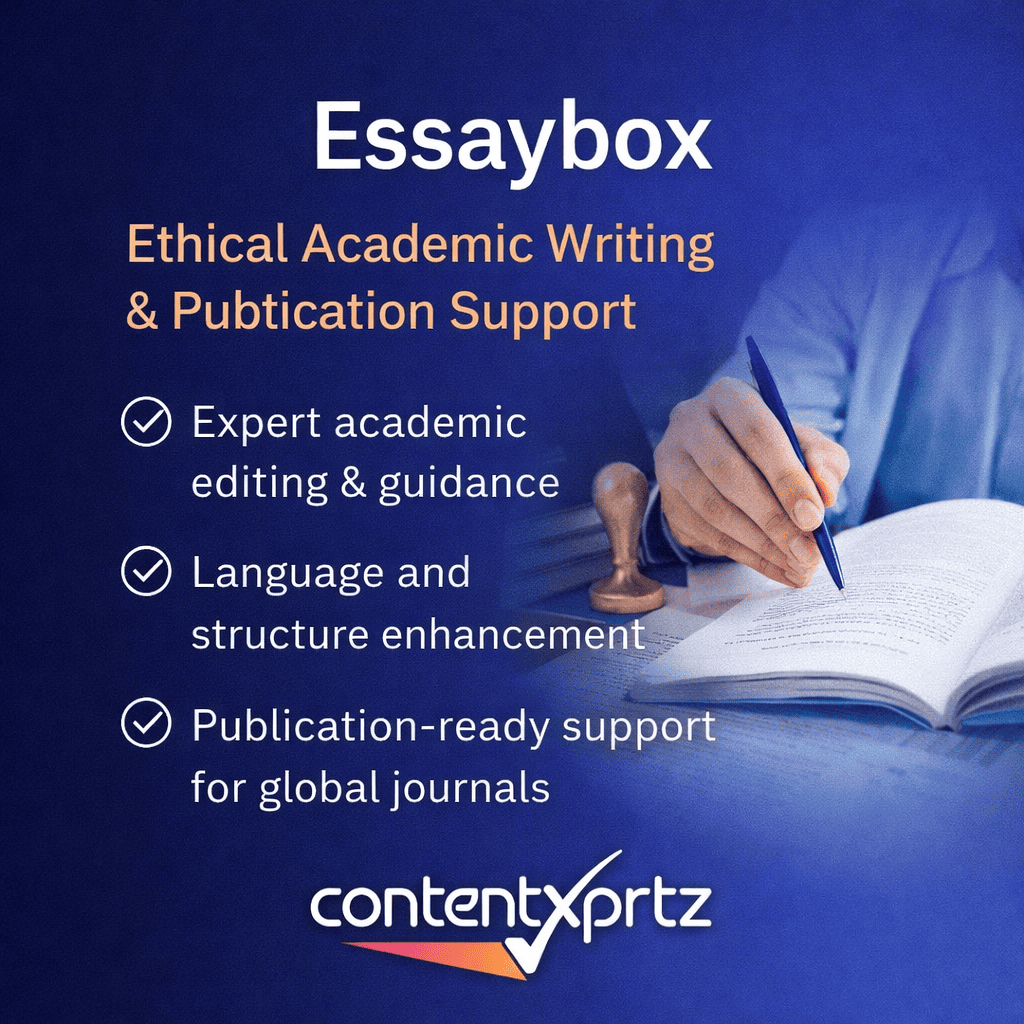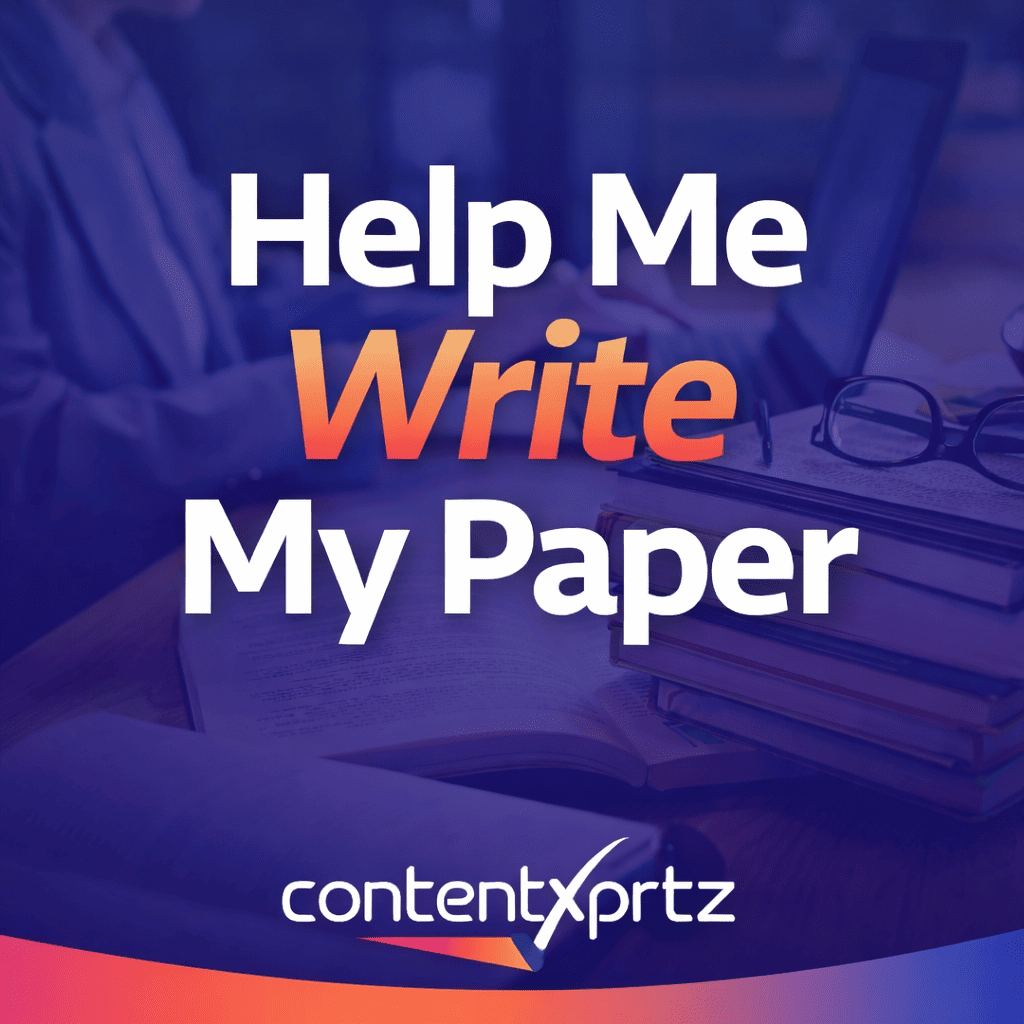Write The Assignment: How to Master Academic Writing and Achieve Publication Success
Every PhD scholar, postgraduate student, and academic researcher knows this struggle — how to write the assignment that not only meets expectations but stands out for academic brilliance and originality. Writing an assignment is not a simple exercise in formatting; it’s a complex, intellectual journey of structuring thoughts, synthesizing evidence, and communicating ideas effectively.
However, in today’s hypercompetitive research ecosystem, the challenges have grown exponentially. According to Springer Nature’s 2024 Global Author Survey, nearly 74% of PhD students cite writing and publication stress as a major barrier to completing their research on time. Furthermore, Elsevier Insights indicates that journal acceptance rates average between 15–20%, with top-tier journals being even more selective. Add to that rising tuition costs, research delays, and language barriers, and it’s easy to understand why so many scholars seek professional guidance to write the assignment effectively.
At ContentXprtz, we recognize that behind every assignment lies a researcher’s aspiration to contribute meaningfully to their field. Whether it’s crafting a compelling literature review, refining methodology, or ensuring compliance with APA or Harvard citation styles, writing the assignment demands both technical precision and creative clarity.
This article delves into every aspect of how to write the assignment that demonstrates scholarly rigor, meets journal standards, and gets noticed in the academic community. From structuring your ideas and avoiding common pitfalls to seeking expert guidance, you’ll find actionable strategies designed specifically for students, PhD scholars, and researchers.
The Global Challenges of Academic Writing
The act of writing may seem solitary, but the obstacles students face are remarkably universal. Below are the most common challenges in writing an academic assignment and how professional support can help overcome them.
1. Time Constraints and Overwhelming Deadlines
Graduate and PhD students juggle coursework, data collection, teaching duties, and sometimes part-time jobs. The result? Limited time to plan, draft, and revise assignments. Without structured time management, quality often suffers.
Tip: Break down large assignments into smaller sections — abstract, introduction, methodology, discussion — and tackle each systematically. Tools like Trello or Notion can help you manage writing milestones effectively.
2. Lack of Writing Confidence and Clarity
Even the brightest researchers struggle with self-doubt. According to Emerald Insight, more than 60% of early-career researchers feel anxious about academic writing. The fear of sounding “unacademic” or being rejected by reviewers can paralyze progress.
Solution: Collaborate with professional editors who specialize in your field. Platforms like ContentXprtz PhD & Academic Services offer specialized academic editing services that maintain your unique voice while enhancing academic rigor.
3. Publication Stress and Ethical Concerns
Journals now expect not just originality but compliance with ethical research and writing standards. Taylor & Francis highlights that plagiarism-related retractions have doubled in the past five years, making it crucial for scholars to adopt ethical writing practices.
Pro Tip: Always use plagiarism-detection software (Turnitin, iThenticate) and cite sources accurately. Seek editorial guidance when paraphrasing complex theories or secondary data.
4. Rising Costs and Limited Access
The cost of professional proofreading or publication assistance can discourage students from non-Western regions. That’s why ContentXprtz operates with localized teams in India, Tokyo, London, and Seoul, providing affordable, expert assistance without compromising quality.
Explore our affordable Student Writing Services designed specifically for university-level assignments, thesis work, and dissertations.
Understanding the Academic Writing Ecosystem
Before learning how to write the assignment, it’s vital to understand the ecosystem surrounding academic writing. Every university, journal, and funding body evaluates your written work differently, yet they share a few key expectations:
- Clarity: Your argument should flow logically from introduction to conclusion.
- Originality: Present new insights or interpretations rather than repeating existing theories.
- Methodological Rigor: A well-structured methodology demonstrates academic discipline.
- Consistency: Maintain stylistic and citation consistency (APA, MLA, Chicago).
- Critical Thinking: Evaluate literature rather than summarizing it.
Academic writing is not about sounding complicated—it’s about being precise, persuasive, and professional.
How to Write The Assignment Like a Scholar
Let’s move from theory to practice. Here’s a proven structure that helps scholars craft assignments worthy of publication.
1. Choose a Focused and Feasible Topic
Start by narrowing your topic. For instance, instead of “Social Media and Education,” refine it to “The Role of AI-Based Social Media Platforms in Enhancing STEM Learning.”
2. Conduct a Systematic Literature Review
A powerful assignment integrates insights from credible sources. Use academic databases like https://www.sciencedirect.com, SpringerLink, and Emerald Insight.
3. Develop a Clear Structure
A well-organized paper typically follows:
- Introduction — Context, gap, objectives
- Literature Review — Past findings and theoretical grounding
- Methodology — Research design, data, and analysis tools
- Results & Discussion — Key insights and implications
- Conclusion — Limitations and future research scope
4. Maintain Academic Integrity
Follow proper citation ethics. Every reference strengthens your paper’s legitimacy and protects against plagiarism.
5. Seek Professional Guidance
When deadlines loom and clarity fades, professional assistance can make the difference between an average and an exceptional submission. Explore Writing & Publishing Services by ContentXprtz, where seasoned editors help refine your ideas, structure arguments, and prepare manuscripts for top-tier journals.
Common Mistakes Students Make When Writing Assignments
Even experienced researchers fall prey to avoidable errors. Watch out for these:
- Over-reliance on secondary data without proper synthesis.
- Ignoring formatting guidelines specified by universities or journals.
- Weak introductions that fail to define the research problem.
- Lack of critical analysis in literature review sections.
- Improper citations or missing references.
By addressing these pitfalls early, you not only improve grades but also lay a strong foundation for future publications.
Professional Assistance for Academic Success
Every assignment reflects your intellectual identity. At ContentXprtz, we ensure your ideas are expressed with precision, clarity, and scholarly excellence. Whether you need research paper writing support, academic editing services, or PhD thesis help, our experts guide you from draft to publication.
Check out:
FAQs: Expert Answers to Your Academic Writing Questions
1. How do I start writing the assignment if I feel stuck?
Start by writing your thesis statement — one sentence that captures your main argument. Then, create an outline. Breaking the assignment into smaller goals (e.g., “write introduction,” “summarize three papers”) makes progress measurable.
At ContentXprtz, our editors often suggest free-writing for 15 minutes daily to overcome writer’s block. Once ideas flow, refine them with logical transitions and evidence.
2. What’s the best way to manage citations and references?
Use citation management tools like Zotero, Mendeley, or EndNote. They ensure consistency across in-text citations and bibliographies.
If your target journal follows APA 7th Edition, ensure formatting aligns with APA Publication Manual (2020) standards. When in doubt, consult our academic editing services to verify citation accuracy.
3. How can I ensure originality in my assignment?
Avoid copying content — even paraphrased material should be cited. Instead, synthesize information using your interpretation. Tools like Turnitin help maintain originality.
Pro Tip: Reflect on your research context. Relating theories to your data or region creates unique contributions that elevate your work.
4. What makes a good academic introduction?
A strong introduction sets context, identifies a research gap, and states objectives clearly.
For example:
“Despite the increasing adoption of AI tools in education, little is known about their psychological impact on learners.”
Such openings establish relevance, ensuring your reader remains engaged.
5. How long should a PhD assignment or research paper be?
Word limits vary by institution — typically between 8,000–12,000 words for full-length papers and 3,000–5,000 for coursework essays. Always check departmental guidelines.
If trimming content is difficult, professional editors can reduce redundancy while retaining meaning — a hallmark of ContentXprtz editing excellence.
6. Is it ethical to seek professional writing or editing help?
Absolutely — as long as the service provides ethical assistance focused on improving clarity, grammar, and structure, not ghostwriting.
At ContentXprtz, we strictly adhere to global academic integrity standards, ensuring your work remains authentically yours while being publication-ready.
7. How do I prepare my assignment for publication in a journal?
Journal-ready assignments demand compliance with submission guidelines, formatting, and reviewer expectations. Start by identifying journals from Elsevier, Taylor & Francis, or Springer that match your topic.
Professional pre-submission editing enhances readability and improves acceptance chances.
8. What’s the difference between proofreading and editing?
- Proofreading focuses on grammar, spelling, and formatting.
- Editing improves flow, coherence, and argument strength.
Both are essential before submitting your work to supervisors or journals.
9. Can AI tools help me write the assignment better?
Yes, but with caution. Tools like Grammarly or ChatGPT can assist in grammar correction and idea organization. However, always fact-check and refine content manually to maintain academic accuracy and avoid AI hallucinations.
ContentXprtz experts use AI responsibly — as a supplement, not a substitute for human expertise.
10. How can ContentXprtz help me succeed academically?
From brainstorming research ideas to preparing journal manuscripts, ContentXprtz offers end-to-end academic support.
Our PhD & Academic Services include editing, proofreading, and publication assistance tailored for global research standards.
With local editors across India, London, Tokyo, and New Jersey, we ensure personalized, high-quality academic solutions that build confidence and success.
Conclusion: Elevate Your Academic Journey with Expert Support
Writing an academic assignment is more than meeting a deadline — it’s about contributing to knowledge. Every paragraph you craft shapes your academic voice. Yet, balancing research demands, complex frameworks, and publication pressures can feel overwhelming.
That’s where ContentXprtz steps in. Whether you’re polishing your dissertation, preparing for journal submission, or seeking expert academic editing, we help you write the assignment that stands out for its clarity, depth, and scholarly excellence.
👉 Take the next step in your academic success.
Explore our PhD & Academic Services or Writing & Publishing Services today to transform your manuscript into a publication-ready masterpiece.
At ContentXprtz, we don’t just edit — we help your ideas reach their fullest potential.

